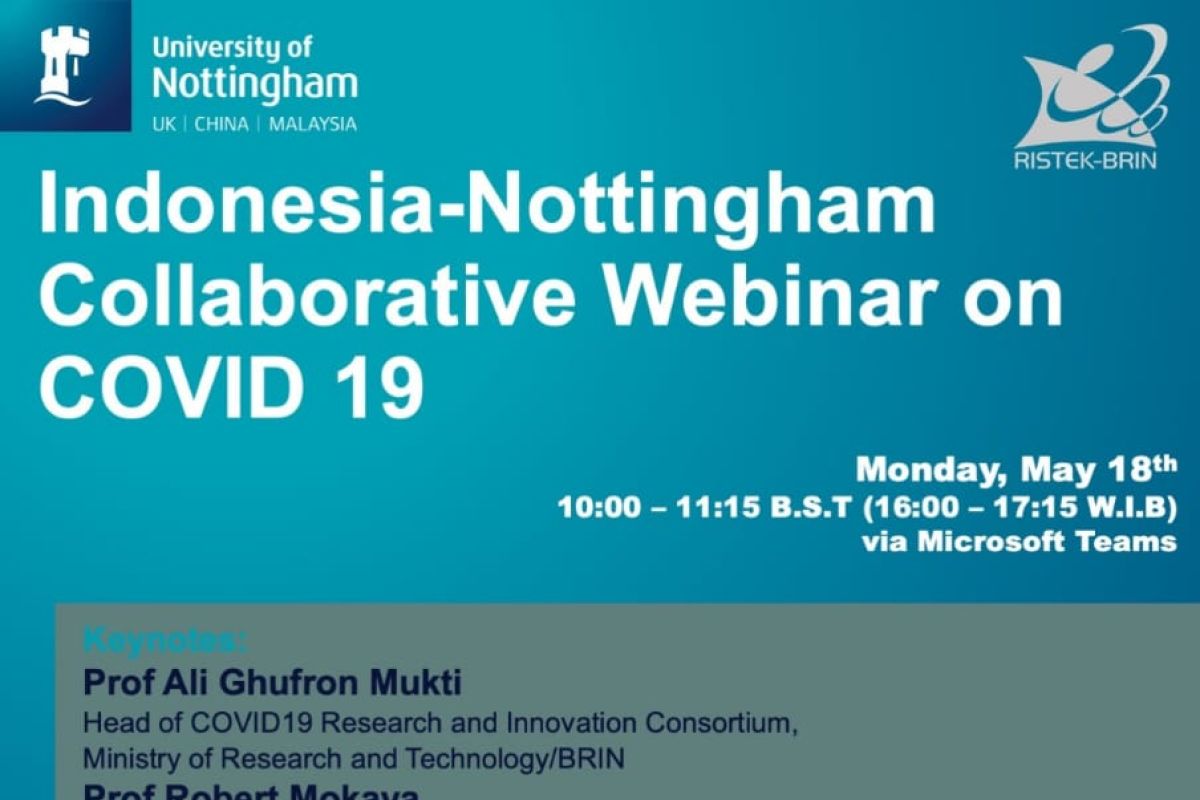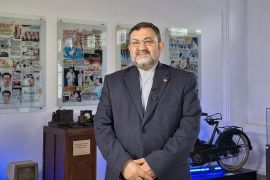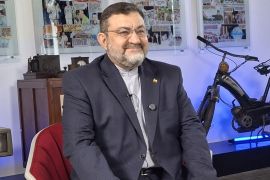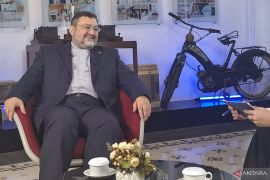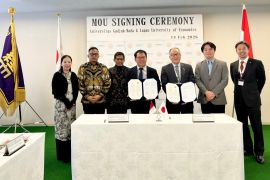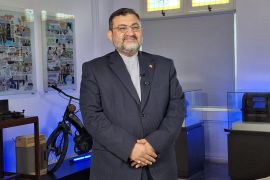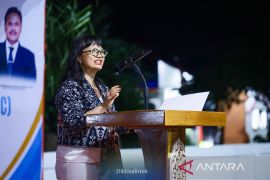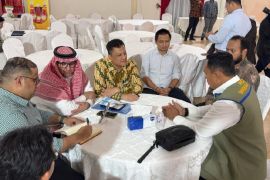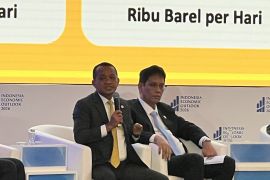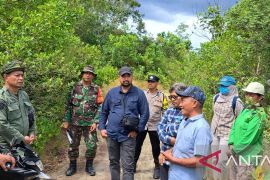According to a statement received here on Thursday, the Indonesian Ministry of Research, Technology and Higher Education, supported by the Indonesian Embassy in London, and the United Kingdom’s University of Nottingham recently organized a webinar and discussion panel.
The event brought together scientists from the University of Nottingham, and some of Indonesia’s leading universities, such as the Bandung Institute of Technology, Bogor Institute of Agriculture, and the Gadjah Mada University. Experts attending the webinar presented their COVID-19 research portfolios.
The webinar also featured a discussion with the head of the COVID-19 Research and Innovation Consortium for the Indonesian Ministry of Research, Technology and Higher Education/BRIN, Professor Ali Ghufron Mukti, the Foreign and Commonwealth Office Newton Fund Manager, and the British Council. The online meeting was also attended by members of the Indonesian Young Academy of Sciences (ALMI).
A number of key issues were discussed at the event, including the challenges faced by Indonesian researchers.
Professor Ali Ghufron Mukti highlighted the challenges faced by researchers and academics in Indonesia in battling COVID-19, including the lack of human resource capability in research to produce comprehensive and quality research into the disease.
He also raised the issue of research still being seen as a bureaucratic-heavy activity that makes it difficult for researchers to account for the impacts of their research and produce sound scientific outputs at the same time.
“An impartial, transparent progression system for researchers and academics is needed, and cross-disciplinary and global collaborations, such as the ones with the University of Nottingham, need to be promoted,” he averred.
The Indonesian government has recently addressed these challenges by enacting Law number 11 of 2019 on the National System of Science and Technology (UU SISNAS IPTEK).
Other topics discussed at the webinar included the importance of global collaboration in tackling COVID-19, University of Nottingham’s leadership in the collaborative research undertaken by Indonesia and the UK, and the roles of Indonesian diaspora scientists.
Professor Mukti underlined the role of Indonesian diaspora scientists abroad and their contributions to the country’s research and innovation agenda.
“We provide support for research collaboration between researchers from diaspora-host universities, such as the University of Nottingham, and Indonesian scientists. RISTEKBRIN will provide up to Rp2 billion each year for three years to fund research collaborations related to COVID-19,” he said, adding that “We will prioritize diaspora-host universities that are able to provide matching funding.”
Researchers from the University of Nottingham have been working closely with Indonesian authorities to support the management of COVID-19 in the country. The Nottingham-Indonesia Collaboration for Clinical Research and Training (NICCRAT) consortium, led by Professor Mohammed Ilyas, has been tasked with offering insights into the situation and to help formulate national research, innovation, and capacity-building stream, thus becoming an integral part of Indonesia’s COVID-19 management system.
Director of the Indonesia Doctoral Training Partnership (IDTP) at the University of Nottingham, Dr. Bagus Muljadi, has been actively advising the Indonesian government to utilize its diaspora asset to help the nation utilize human resources to boost quality research and innovation.
Related news: Govt works with agencies for research to develop COVID-19 vaccine
Related news: Difficult to make vaccine due to COVID-19 mutation: biologist
Reporter: Aria Cindyara
Editor: Rahmad Nasution
Copyright © ANTARA 2020
